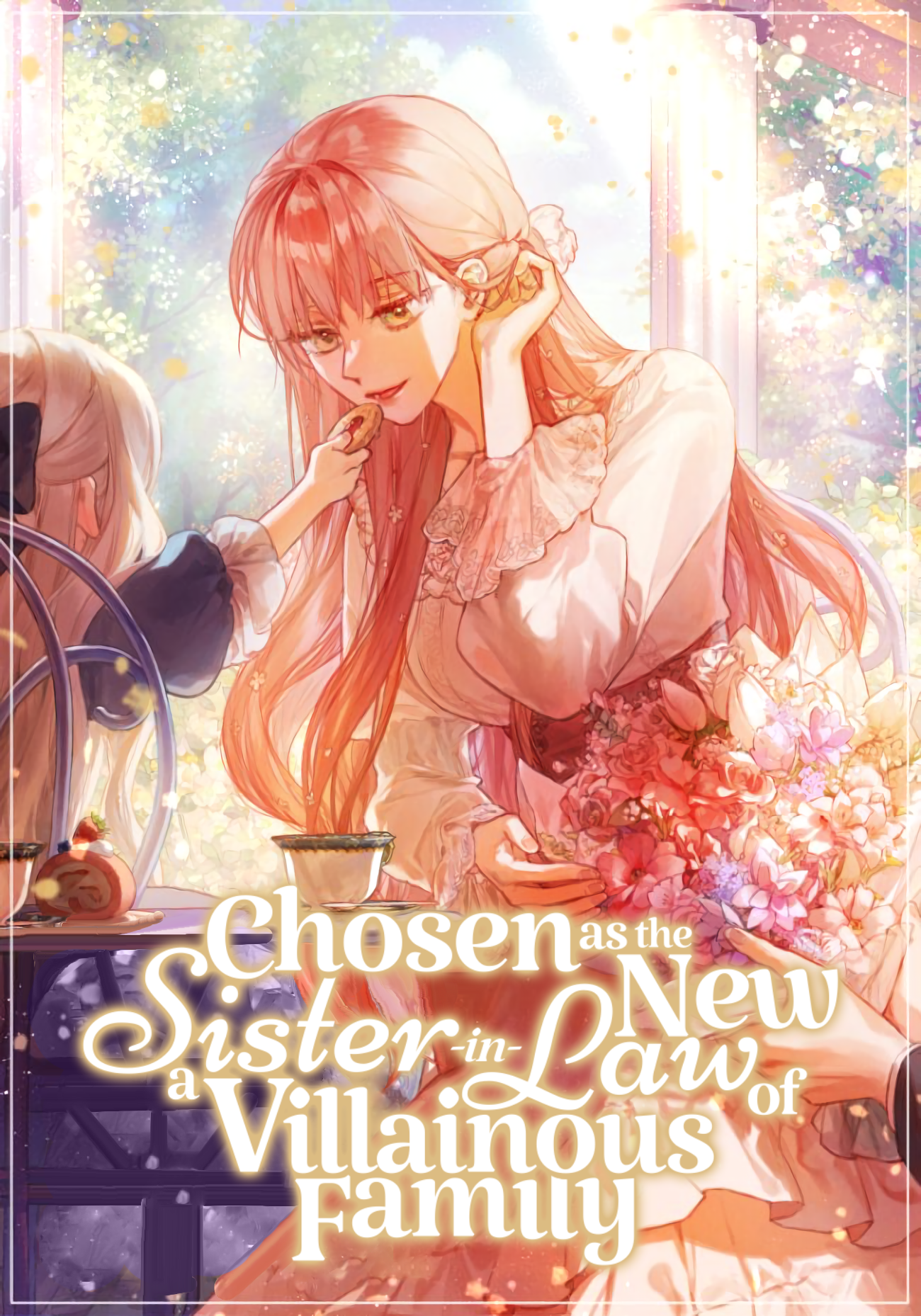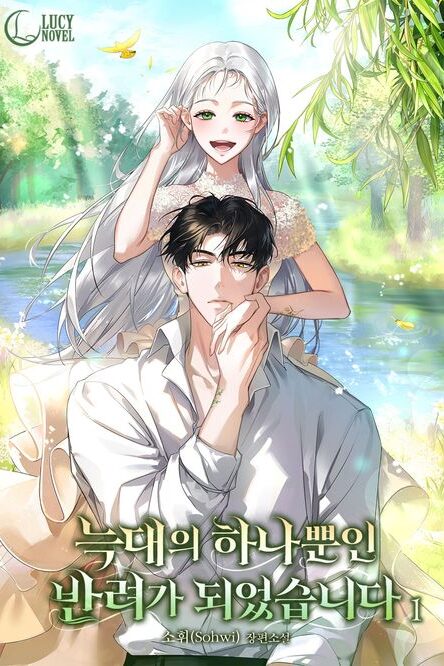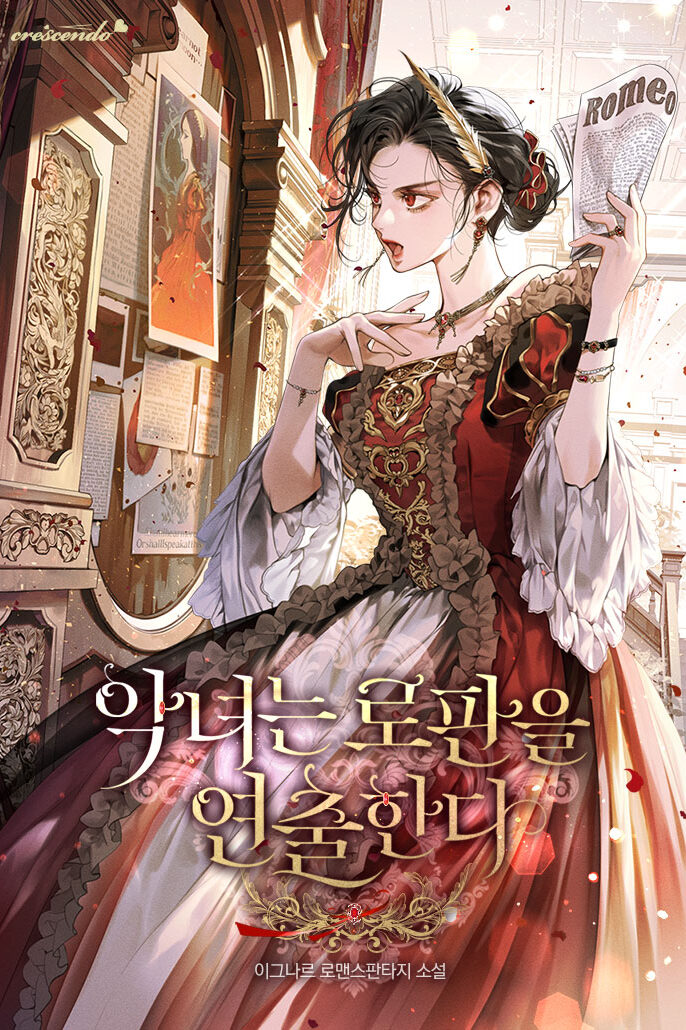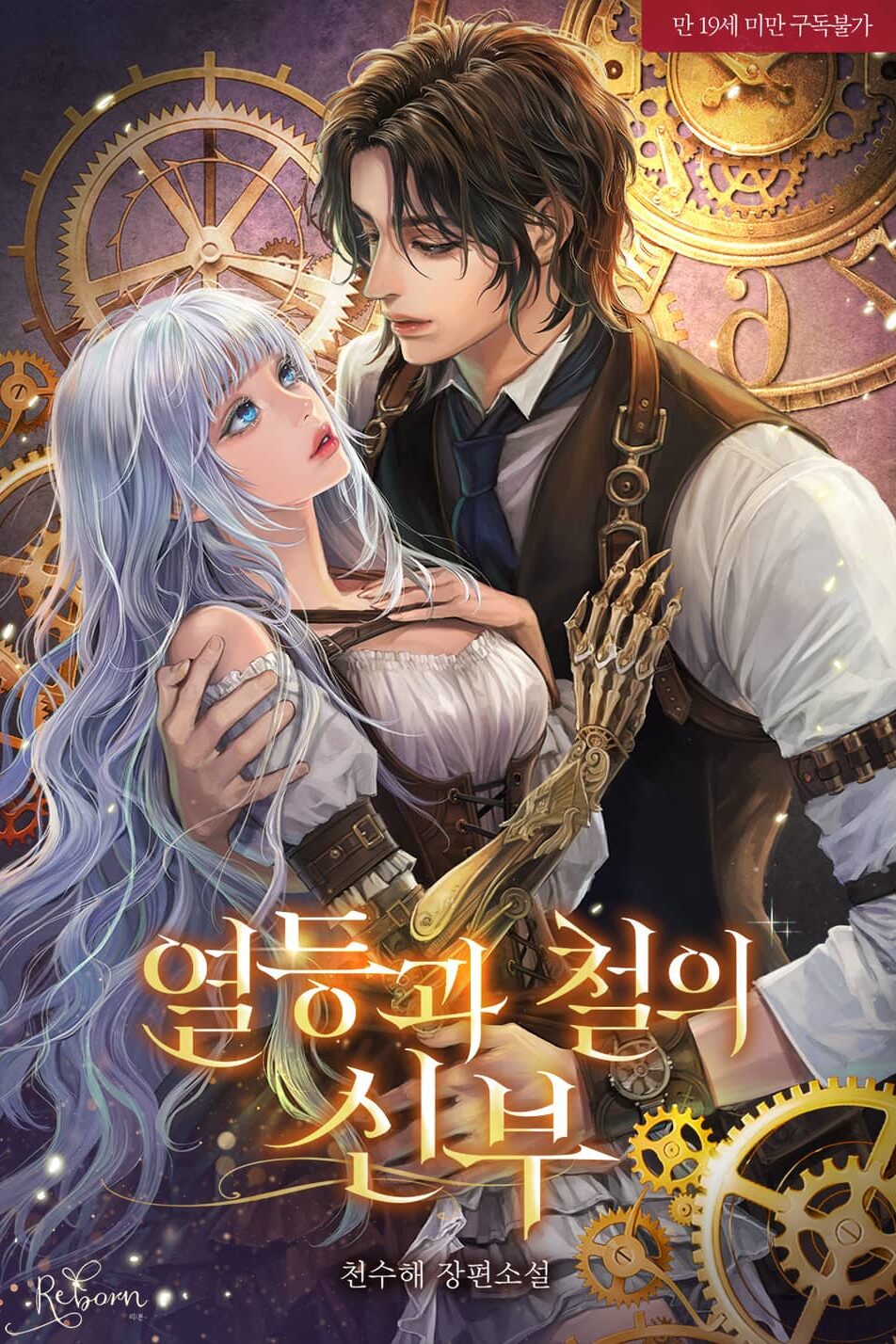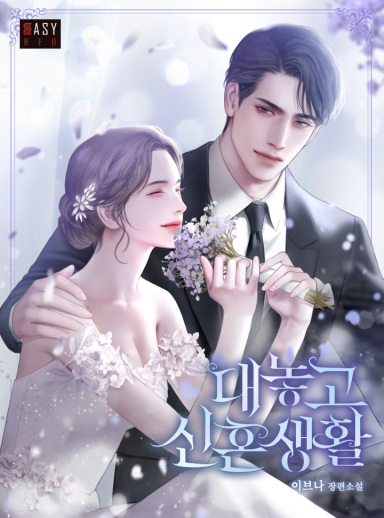Chapter 8: The Canvas of Chains
Chapter 8: The Canvas of Chains
Brittany swore she had never imagined hearing such words.
“Paint a picture…”
She doubted her own ears.
Unlike her heart, which sank into cold dread, her pulse throbbed violently, as if trying to tear through her veins.
With dazed eyes, she looked around and spotted an easel—one she had often seen in art supply shops—supporting a stretched canvas mounted on a wooden board.
In the center of the pristine and orderly room, behind the easel, stood large Venetian windows adorned with delicate plaster figurines. The space looked unmistakably like an artist’s studio.
“You sell me your talent, and I shall provide you with the finest environment possible.”
The man gestured with his eyes toward the blank canvas and said:
“What… all of a sudden… what kind of painting should I draw?”
“Just as you’ve always done. Isn’t that offer good enough?”
As Brittany searched for words, the man continued:
“Since it’s an urgent request, there may be deficiencies. If you need anything, let me know. I’ve heard paints come in tubes these days—if you’d prefer, I can bring them.”
Before she could ask for more details, his secretary entered and announced:
“Sir, Marquis Byron requests your presence.”
“Then, I shall see you later.”
With those parting words, the man exited the atelier.
Alone, Brittany slowly examined the studio again.
The place felt new—the soft, pleasant scent of fresh construction still lingered faintly in the air.
In the midst of her utter bewilderment, Brittany stood frozen for nearly five minutes before noticing a container of brushes and a tube of oil on a small table. She approached it cautiously.
The brushes were of the finest Kolinsky sable—exorbitantly expensive, superbly elastic, and remarkably absorbent.
Brittany, who couldn’t even imagine affording cheaper squirrel-hair brushes, didn’t dare touch them. She turned away.
Near a window stood a supply cabinet made of mahogany. Mustering courage, she approached it.
Peering inside, she found pigments, binding agents, and painting mediums.
As her golden eyes darted over the tools—half in fear, half in curiosity—her gaze caught a flash of blue that made her flinch.
The pigments were strewn with casual abundance—more precious than gemstones. Among them was lapis lazuli, a semi-precious stone, and beside it, imported crimson vermilion, worth a king’s ransom.
Brittany had once worked for half a month to buy merely five pencils.
Every material she’d ever managed to gather had been cheap, dry media—pencils, charcoal, or graphite.
But here, everything around her was so opulent, she didn’t even dare touch anything. These were supplies she feared brushing against by accident in art stores.
Naturally, she had no idea how to use most of it—and even if she did, she dared not handle it recklessly.
If she ruined a precious material, her debt—already unpayable—would only increase.
‘Why did he ask me to paint in the first place?’
As her father used to say, her paintings were worthless… So how could she sell her talent? The man must be mocking her.
Because…
‘My skills aren’t enough to be called an artist.’
The desire to become an artist was a greed too bold—a clinging to the impossible, a stubbornness she should have cast away long ago.
She had told herself to keep painting only as a hobby. Every time that dream reared its head, she buried it deep within her heart. When it refused to be buried, she carved it out with a sharp blade.
‘Your skills are ordinary, so you cannot become an artist.’
Those words echoed in her ears—words that had once pierced her heart and shredded it. Brittany had recited them to herself every single day.
How could she become a painter? She wasn’t even allowed to dream.
She didn’t deserve to.
She had killed that dream with her own hands—so that her love for art wouldn’t fester into something she hated. That would’ve been unbearable.
Yet, sometimes, there were days when a voice in her heart whispered: Why did you love painting? You’ll never be an artist.
That thought burned like a fire branded into her skin.
Each time she seared it again, it turned to ash, leaving a hole in her heart.
From that open wound, cold winds blew daily, carrying her despair and making her soul tremble with anguish.
In the midst of endless defeats, self-flagellation had blinded her to any rational judgment.
Brittany believed he did all of this to remind her of her limits—to say that a girl like her could never be a painter, to force her back into her grim reality.
If that was his aim, she had felt its sting enough. She wanted to tell him he didn’t need to remind her any further. She wished he would open the door now, sneer at her, beat her until his fury subsided.
Even death by his hand seemed kinder than this slow agony that crushed her soul, bone by bone.
When Klein opened the office door, he saw a familiar blond man lounging on the sofa, one arm draped casually over the armrest.
Instead of greeting the homeowner upon hearing the door open, the man raised the hand holding a glass as if in salutation.
“Why are you busy in broad daylight? Collecting debts again?”
“It seems you’ve nothing better to do in broad daylight.”
The man who appeared to be unemployed by day—Eden de Byron—smiled with handsome charm. His pale blond hair shimmered in the sunlight like silver threads.
With skin as fair as his hair, Eden looked more like a mischievous noble than a proper marquis.
He sipped Klein’s liquor freely, as if he owned the place. From the look of it, one might mistake Klein for the guest.
It wasn’t the first or second time Eden had treated Klein’s office like his own estate, so Klein ignored him as usual and took his seat behind the desk.
While Klein sorted through Count Raven’s now-worthless debt papers, Eden strolled over, humming, and snatched one from his hand.
He half-sat on the desk, squinted at the document, then raised his brows in surprise.
“He paid off his debt? He was begging me for a loan just days ago.”
Tossing the document back, Eden added with mockery:
“Ah, right. I’m not in the usury business like you.”
He raised his glass as though making a toast, then took a slow sip of his mint julep.
Klein paid him no mind and slid the document into a file on the shelf.
“Technically, he hasn’t repaid it yet.”
“Then why the tidy filing?”
“Because, instead, he offered a gemstone worth ten thousand pounds.”
“What is this? Did he stumble upon a diamond mine in his estate?”
Eden shook his glass, letting the ice clink softly. The sharp taste twisted his handsome features into a grimace.
Klein chuckled dryly and glanced at Brittany’s torn sketchbook on his desk—the one he picked up from Count Raven’s manor last night.
“Judging by that laugh, you’ve acquired quite a gem. Is it a hundred carats?”
Eden now sat fully on the desk, one leg crossed over the other.
“Something like that. Count Raven will be gnashing his teeth in regret. He rejected the treasure right in front of him.”
“She must be a real jewel, then. Will you share a piece with me—to strengthen our friendship?”
“You truly are idle, meddling in matters that don’t concern you.”
“Guilty as charged, but that’s harsh. With a face like mine, women line up just to speak with me.”
“Tch.”
And there he went again. Klein shot him a disdainful look and shook his head.
“What? You could at least pretend to be grateful. I chose to visit you instead of entertaining all those ladies.”
Eden glanced at his reflection in the mirror on the wall, scrutinizing his own face, while Klein watched with weary eyes and leaned back in his chair.
“Alright, you didn’t come just to spout nonsense.”
Eden’s exaggerated antics were nothing new, but today, his flattery seemed to carry a purpose.
“Sharp as ever.”
He set the glass down on the desk, the clink of ice against crystal ringing out. Casually slipping a hand into his pocket, he spoke:
“Didn’t you say once that you’d patronize the arts? I’ve come to recommend a rising stage actor.”
“Ah, if that’s it, then you’ve wasted your time.”
“Why? Burdened by the thought of repaying the favor? Or worried the actor is too temperamental? I can arrange a meeting this evening if you’d like.”
“It’s not that. I’ve already found someone.”
“Who?”
“A painter.”
“A painter? Albert, the up-and-coming one?”
“No.”
Klein adjusted his posture and rubbed his chin, recollecting the events of the previous evening.
The gloves he had forgotten, his return to Count Raven’s estate, the girl he found there—and the painting that fell at her feet.
Discovering that girl had been an unexpected revelation.

